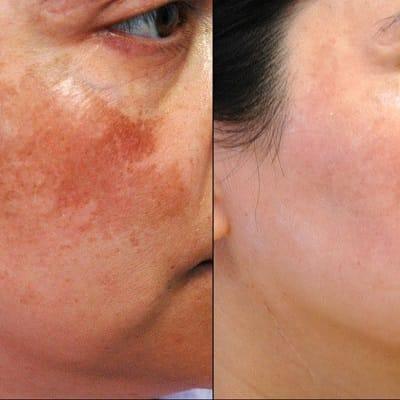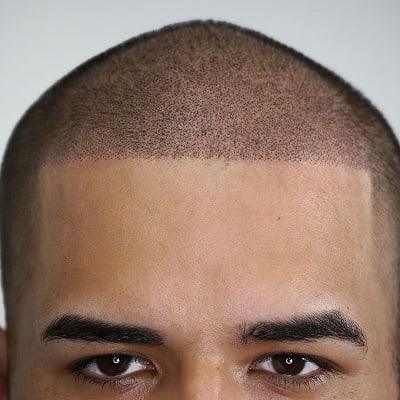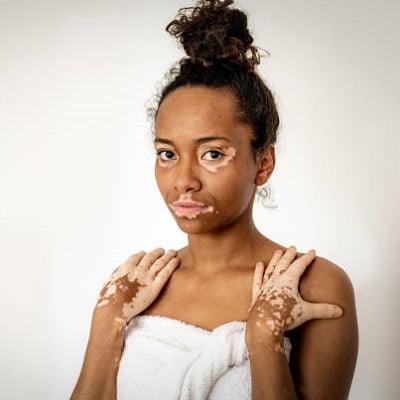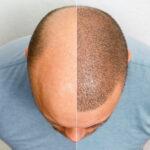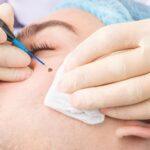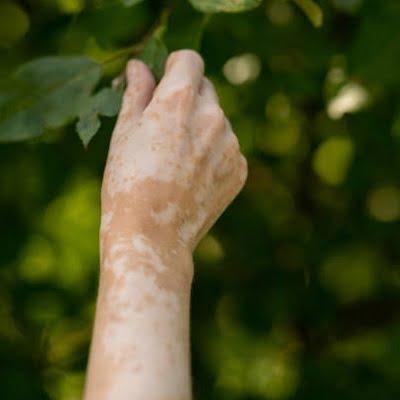
The canvas of human skin is as diverse as the people who inhabit this world. Skin pigmentation, the skin’s natural colour, is determined by the amount of melanin produced by specialized cells known as melanocytes. While this diversity is a source of beauty and uniqueness, it’s common for individuals to experience irregular pigmentation, resulting in concerns like hyperpigmentation and hypopigmentation. However, you may wonder which skin pigmentation treatment in Islamabad suits you best.
This blog will delve into skin pigmentation and explore the best treatments available to achieve a radiant, even-toned complexion.
What is Skin Pigmentation?
Skin pigmentation is a complex interplay of genetic factors, sun exposure, hormonal changes, and environmental influences. Melanin, the pigment responsible for the colour of our skin, is produced in varying amounts by melanocytes. Overproduction or underproduction of melanin can lead to uneven skin tone.
Types of Skin Pigmentation Issues:
- Hyperpigmentation: This occurs when patches of skin become darker in colour than the surrounding areas. Common types include melasma, sunspots, and post-inflammatory hyperpigmentation (PIH). Melasma, often triggered by hormonal changes, appears as grey-brown patches on the face. Sunspots, also known as age spots, are caused by sun exposure and usually occur in areas frequently exposed to the sun. PIH results from skin inflammation, such as acne, and leaves behind dark marks.
- Hypopigmentation refers to areas of skin that become lighter than the surrounding skin. Vitiligo is a prominent example, where the immune system attacks melanocytes, leading to depigmented patches.
Best Treatments for Skin Pigmentation in Islamabad:
Achieving a more even skin tone requires a tailored approach, as different pigmentation issues may respond better to specific treatments. It’s essential to consult with a dermatologist before embarking on any treatment regimen. Below are some of the most effective treatments for addressing various skin pigmentation concerns:
Topical Treatments:
- Hydroquinone: A widely used skin-lightening agent that inhibits melanin production. Available in various strengths, it’s effective for treating melasma and sunspots.
- Retinoids: These vitamin A derivatives help exfoliate the skin, removing damaged pigmented cells and promoting the growth of new, healthy skin cells.
- Vitamin C: An antioxidant that helps reduce melanin production and promote collagen synthesis, aiding in fading dark spots and brightening the skin.
- Kojic Acid: Derived from certain fungi, it inhibits melanin production and is particularly effective for treating PIH.
Chemical Peels:
- Glycolic Acid Peel: This mild acid exfoliates the top layer of skin, reducing hyperpigmentation and improving overall skin texture.
- Salicylic Acid Peel: Effective for treating acne-related hyperpigmentation, as it unclogs pores and reduces inflammation.
- Lactic Acid Peel: Suitable for sensitive skin, it helps improve skin texture, hydration, and pigmentation issues.
Laser and Light Therapies:
- Intense Pulsed Light (IPL): Targets melanin with a broad light spectrum, effectively treating sunspots and other pigmentation irregularities.
- Fractional Laser: Creates controlled micro-injuries in the skin, stimulating collagen production and improving skin texture and tone.
- Q-Switched Laser: Specifically targets melanin in the skin, making it practical for treating various pigmentation concerns, including tattoo removal.
Microdermabrasion and Dermabrasion:
- Microdermabrasion: Gently exfoliates the outer layer of skin, reducing the appearance of pigmentation issues and promoting the growth of new skin cells.
- Dermabrasion: A more intensive procedure that removes layers of skin, beneficial for deeper pigmentation problems.
Combination Therapies:
- Topical Creams + Laser Therapy: Dermatologists often recommend combining topical treatments with laser therapy for enhanced results in treating various pigmentation concerns.
- Chemical Peels + Microdermabrasion: This combination can synergistically improve skin texture and pigmentation irregularities.
Prevention and Maintenance:
Prevention is the key to maintaining healthy, even-toned skin. Protecting your skin from excessive sun exposure is crucial. Sunscreen with broad-spectrum protection and an SPF of 30 or higher should be a part of your daily routine, even on cloudy days.
All Summed Up!
The journey to achieving radiant, even-toned skin may involve various treatments, each tailored to address specific pigmentation issues. Consulting with a dermatologist is essential to determine the best course of action based on your skin type, concerns, and medical history.
Whether you’re dealing with hyperpigmentation or hypopigmentation, Enfield Royal Clinics Islamabad offers a range of effective treatments to help you on your quest for flawless skin. Remember, healthy skin goes beyond appearances – it reflects self-care and well-being.

